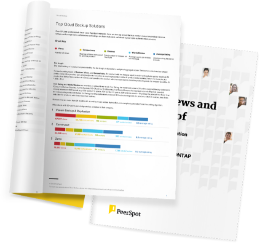I think there is room for improvement in Amazon Athena, and the first thing I will put is the data output. I use Python to query in Amazon Athena, and it's very complex and difficult just to save Amazon Athena results as an Excel file. The only option is copying the data, but sometimes if it exceeds 100 lines, if you copy and paste in Excel, it's very bad. You can't copy above 100 lines. The other option is downloading a CSV file, but the CSV file is not UTF-8 Unicode. Here in Brazil, we speak Portuguese, and there are a lot of special characters in the words and even names, and everything gets garbled when you put it in a CSV. You have to decode, encode, and there are a lot of problems. It could easily save as an Excel file since there are a lot of engines to help with it, so an XLSX file extension could be this way. Another point I would mention is the word completion. When I'm coding and making statements and queries, Amazon Athena tries to help me write the code, and that's very problematic. Sometimes I'm using some tables that I use every day, and Amazon Athena doesn't get the tables I'm using and suggests very improbable data. I have access to more than 30 databases and hundreds of tables. So, I turn it off, I disable the word completion because when I'm coding, the word completion makes the coding slower. It's very difficult, and every time I have to press escape to skip the completion. It's very ineffective, so I disable it because in other applications it functions very well, such as VS Code.




